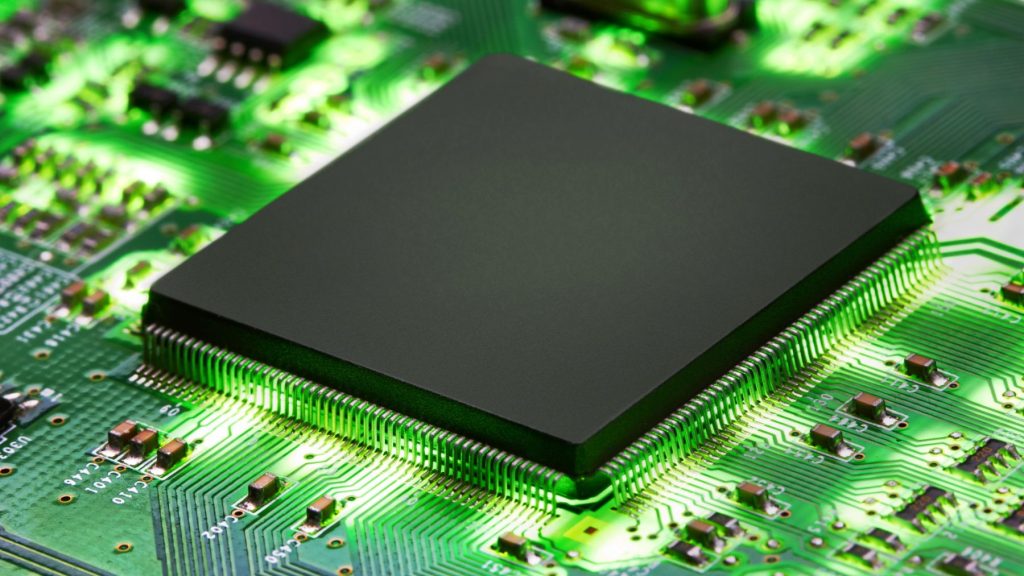The Chinese government has recently taken a firmer position on the use of Nvidia H20 chips, focusing on safeguarding the nation’s technological security. By seeking detailed justifications from companies, authorities aim to minimize risks tied to the transfer of sensitive information to overseas parties. This move unfolds amid a climate of escalating geopolitical friction within the semiconductor industry.
China steps up surveillance on foreign chip acquisitions
Chinese authorities have summoned domestic companies including major internet firms Tencent 9888.HK and ByteDance over their purchases of Nvidia’s NVDA.O H20 chips, asking them to explain their reasons and expressed concerns over information risks, three people familiar with the matter told Reuters. The Cyberspace Administration of China (CAC) and other agencies also held meetings with Baidu 0700.HK and smaller Chinese tech firms in recent weeks, said one of the two people and a third source.
The discussions underscored that the primary objective is for the national industry to favor domestic suppliers, reinforcing the country’s internal supply network. This approach not only seeks to safeguard critical information but also to foster the growth of homegrown artificial intelligence technologies.
Authorities question purchases but do not impose a ban
The Chinese officials asked companies why they needed to buy Nvidia chips when they could purchase from domestic suppliers, the sources. Authorities also expressed concerns that materials Nvidia has asked companies to submit for U.S. government review could contain sensitive information including client data, one of the sources said.
However, the people, who declined to be identified because the meetings were not public, said the companies have not been ordered to stop buying H20 chips.
Beijing defends local chips and warns of data risks
Nvidia said on Tuesday the H20 chip was “not a military product or for government infrastructure”.
“China has ample supply of domestic chips to meet its needs. It won’t and never has relied on American chips for government operations, just like the U.S. government would not rely on chips from China,” the statement said.
The Chinese government’s stance highlights a dual strategy: maintaining strict oversight of foreign technology while emphasizing the capability of its domestic semiconductor industry. By framing the H20 chip as unnecessary for state-related operations, authorities reinforce both the narrative of technological self-sufficiency and the importance of controlling potential data exposure in strategic sectors.
Several companies were issued official notices discouraging the use of the H20, a less-advanced chip, mainly for any government or national security-related work by state enterprises or private companies, the report said, citing people familiar with the matter.
In a separate report, The Information reported that ByteDance, Alibaba and Tencent had been ordered by the CAC in the past two weeks to suspend Nvidia chip purchases altogether, citing data security concerns.
Questions and criticism threaten the future of H20 in China
Nvidia designed the H20 specifically for China after U.S. export restrictions on its more advanced AI chips took effect in late 2023. The H20 had since been the most sophisticated AI chip Nvidia was allowed to sell in China. Earlier this year, U.S. authorities effectively banned its sale to China, but reversed the decision in July following an agreement between Nvidia and the Trump administration.
Last month, China’s cyberspace regulator summoned Nvidia representatives, asking the company to explain whether the H20 posed backdoor security risks that could affect Chinese user data and privacy.
The Chinese government’s stance indicates that even with the reversal of US restrictions, there is still much to discuss and align with foreign semiconductor companies. H20 is just one example of how political issues can suddenly alter market parameters. Now, for Nvidia, it’s crucial to understand how to adapt its products to the Chinese reality in order to maintain its significant presence in the country.
GCN.com/Reuters

